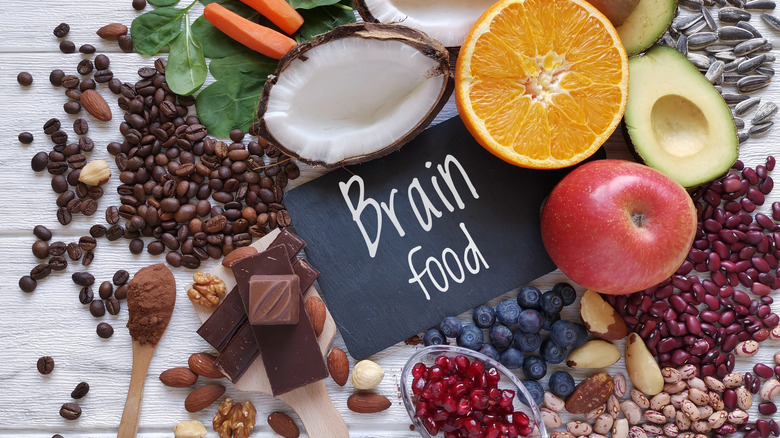Is It Really Depression Or This Overlooked Diagnosis?
According to Healthline, depression is a mood disorder that can cause people to experience extreme sadness or despair. If depression lasts more than 2 years, it's known as persistent depressive disorder. Sometimes, depression only occurs during specific times of the year. This type of depression is commonly known as "seasonal affective disorder," but it's now referred to as "major depressive disorder with seasonal pattern." Then, there's postpartum depression, which develops after having a baby.
Treatments for depression include antidepressants, talk therapy, electroconvulsive therapy, cognitive behavioral therapy, breathing exercises, and relaxation techniques.
Because bipolar disorder is sometimes called manic depression, the difference between the 2 disorders isn't always clear. The primary difference is that people with bipolar disorder aren't consumed by sadness. Sometimes, they're energetic and very happy. At other times, they're sad and experience severe lows. This range of emotions isn't always tied to a particular life event. There are 2 types of bipolar disorder: bipolar 1 disorder is marked by altering between extreme depression and at least 1 manic episode (extreme highs). Bipolar 2 disorder is similar, only the highs aren't as severe.
Treatments for bipolar disorder include mood stabilizers and antipsychotic drugs. Antidepressants aren't recommended, as they can make mania worse, but are sometimes recommended for bipolar disorder triggered by anxiety or post-traumatic stress disorder (PTSD).
The best foods for depression and bipolar disorder
In addition to seeking therapy and medical treatments, your diet can also play a role in helping you manage depression and bipolar disorder. There isn't a diet fix, per se, that can cure depression or bipolar disorder, but being mindful of what you eat can help. For depression, WebMD recommends eating antioxidant-rich foods with beta-carotene, vitamin C, and vitamin E that cater to brain health. Broccoli, collards, sweet potatoes, blueberries, strawberries, nuts, seeds, and vegetable oils are ideal. Make sure your diet is filled with protein, reduced-fat dairy, leafy greens, and whole grains.
For bipolar disorder, WebMD says to eat fresh fruits, vegetables, legumes, whole grains, lean meats, cold-water fish, low-fat dairy, soy products, nuts, and seeds. It also suggests paying special attention to your caloric intake, as people with bipolar disorder are more likely to be overweight or obese. Taking a fish oil supplement may be beneficial as well since higher risks of cardiovascular disease and high triglycerides are common among people with bipolar disorder.


